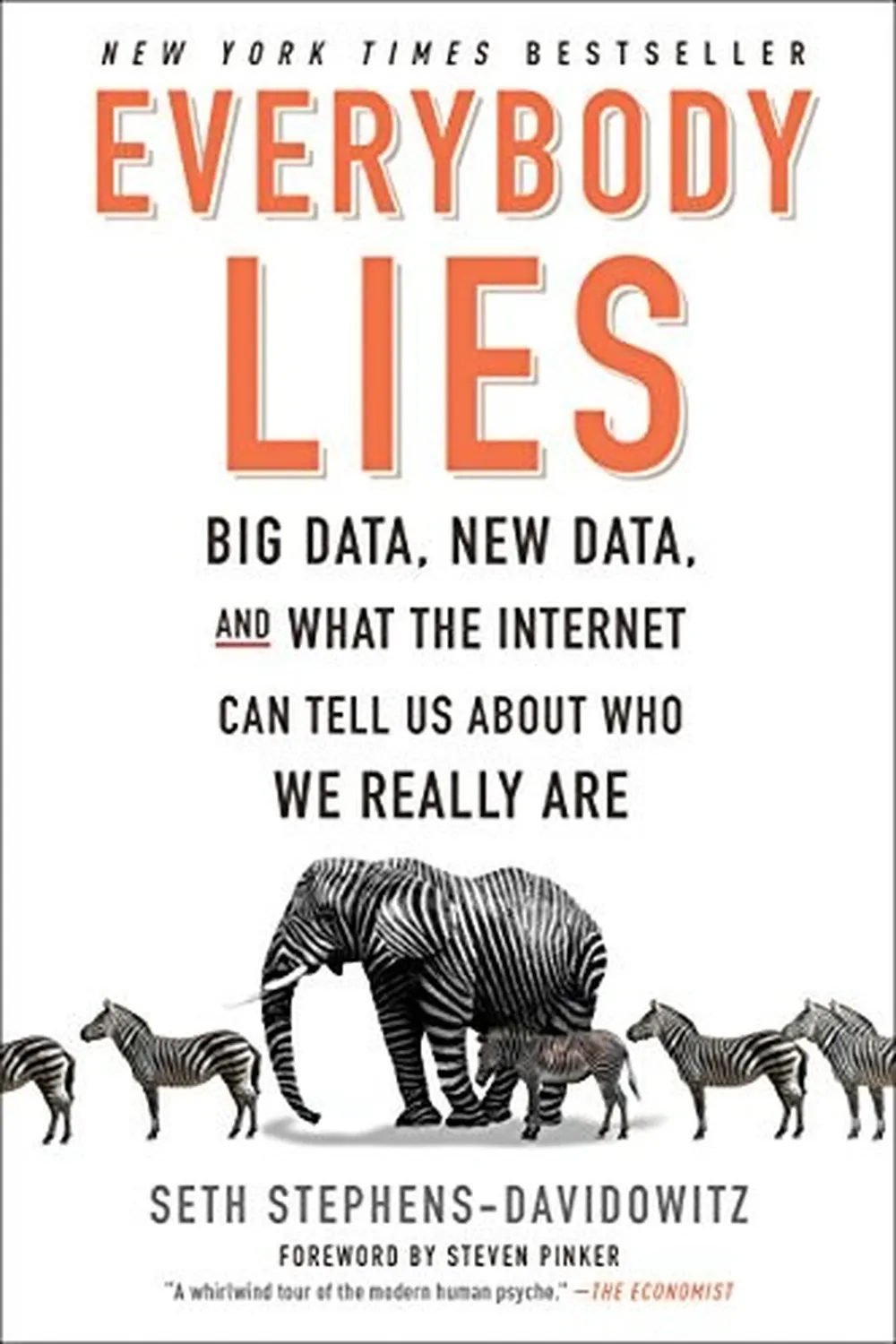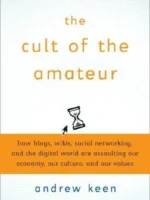Everybody Lies Review
Everybody Lies by Seth Stephens-Davidowitz examines what digital exhaust—search logs, clicks, and other traces—reveals about private beliefs and behaviors that surveys miss. It is part methods lesson, part social x-ray, arguing for measurement-first skepticism.
Overview
Case studies span prejudice, sex, parenting, health, and politics, using Google Trends and public datasets. Emphasis on baselines, sampling, proxies, and falsification over tidy narratives.
Summary
Revealed preferences diverge from stated ones. Geographic micro-patterns expose hidden variation. Pitfalls include selection bias, ecological fallacies, spurious correlations, and privacy/ethics issues. Practical message: use behavioral data to generate and test hypotheses, not to sanctify hunches.
Authors
Seth Stephens-Davidowitz is an economist and former Google data scientist. He writes accessibly, with transparent methods and caveats.
Key Themes
Revealed vs stated preference; granularity as leverage; priors and base rates; humility about causation; privacy by design.
Strengths and Weaknesses
Strengths: memorable findings, clear measurement logic, actionable skepticism. Weaknesses: overreliance on search as proxy; uneven causal identification. Treat results as hypotheses to pressure-test.
Target Audience
Analysts, journalists, marketers, policy teams, and curious readers working with behavioral data.
Favorite Ideas
Search as “digital truth serum”; micro-geographic mapping; calibration and out-of-sample checks as honesty tests.
Takeaways
Measure what people do, not just what they say. Anchor claims in baselines, test rival explanations, and respect privacy. Good data work is skeptical and provisional.









